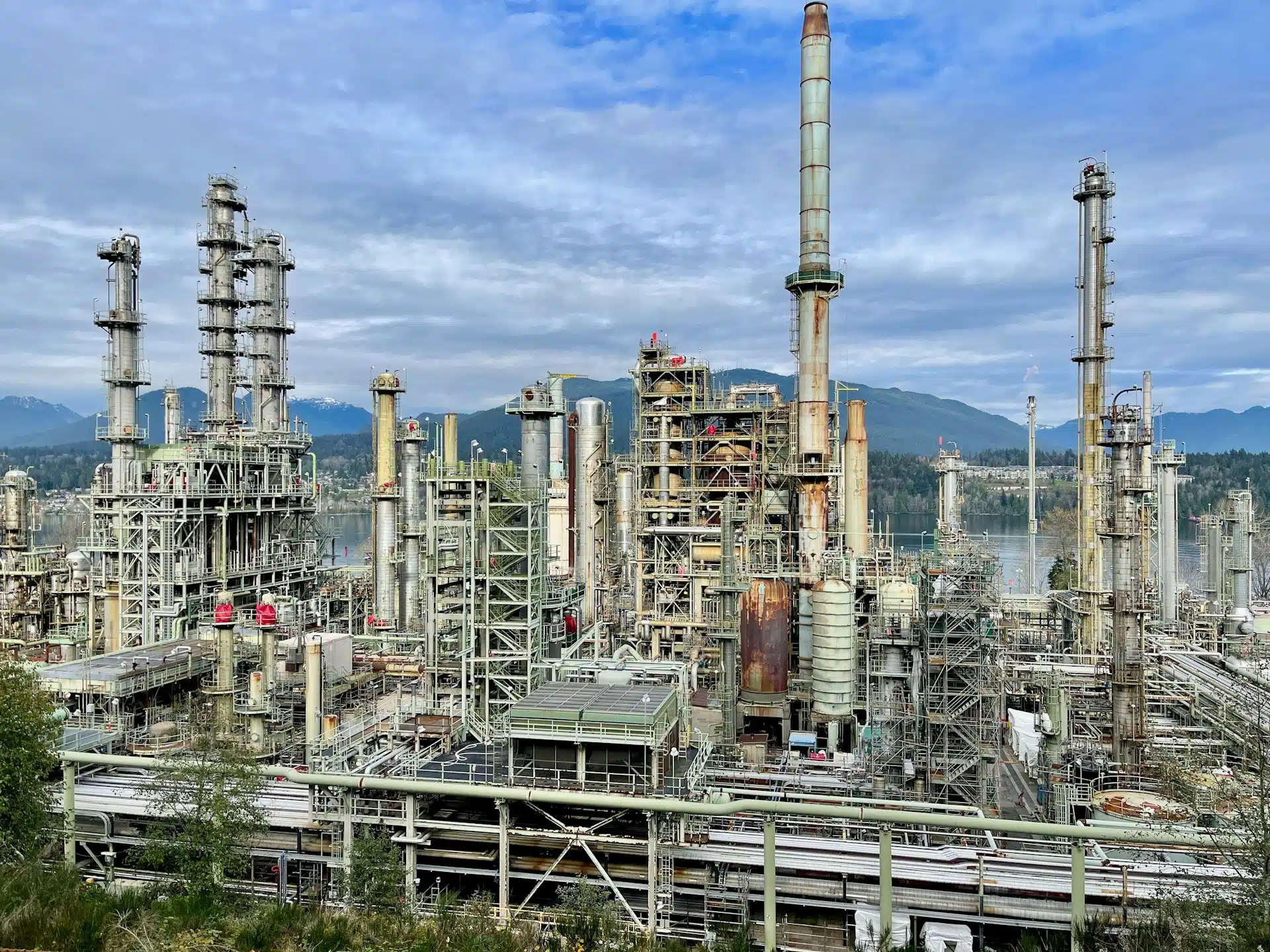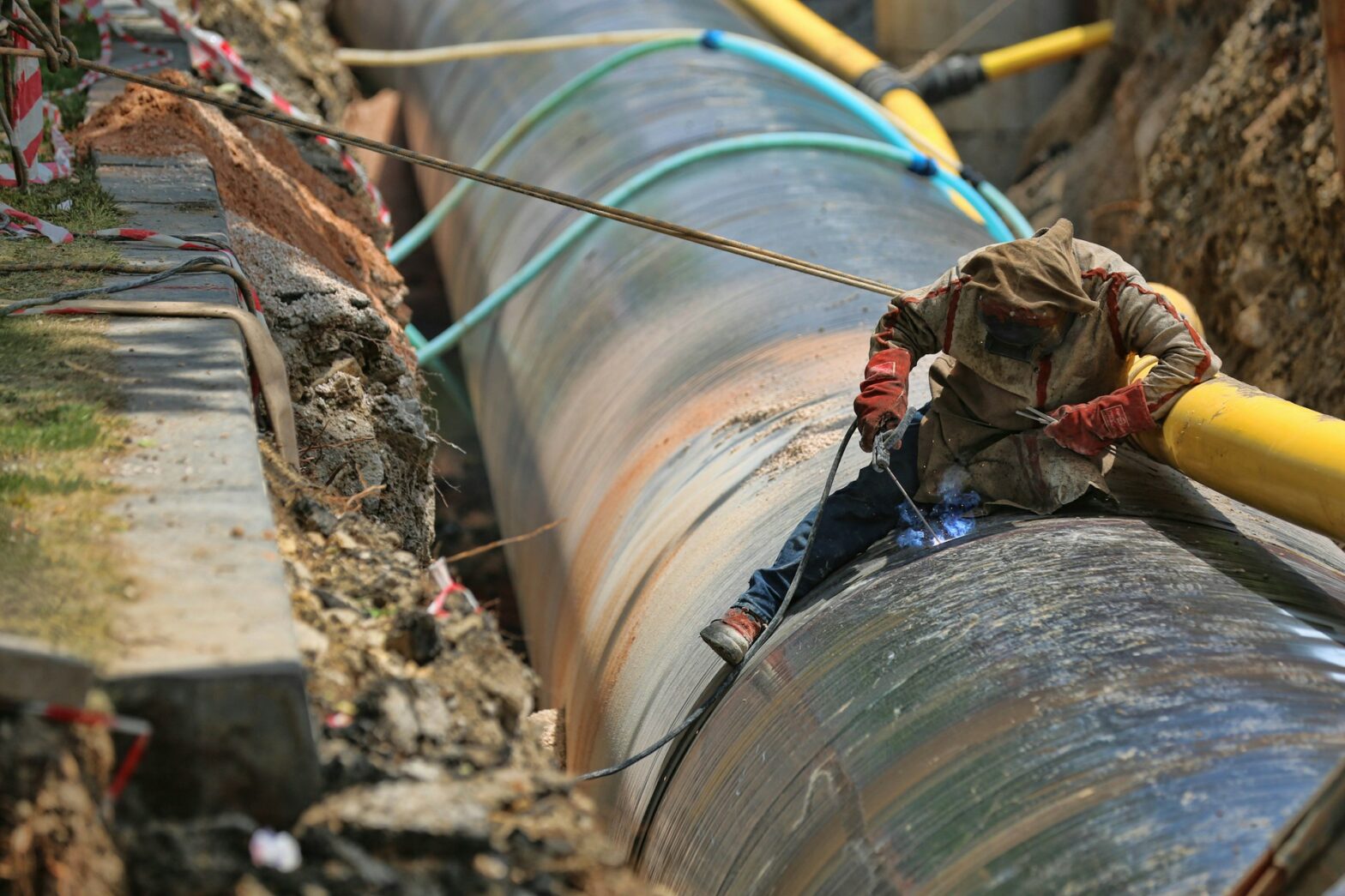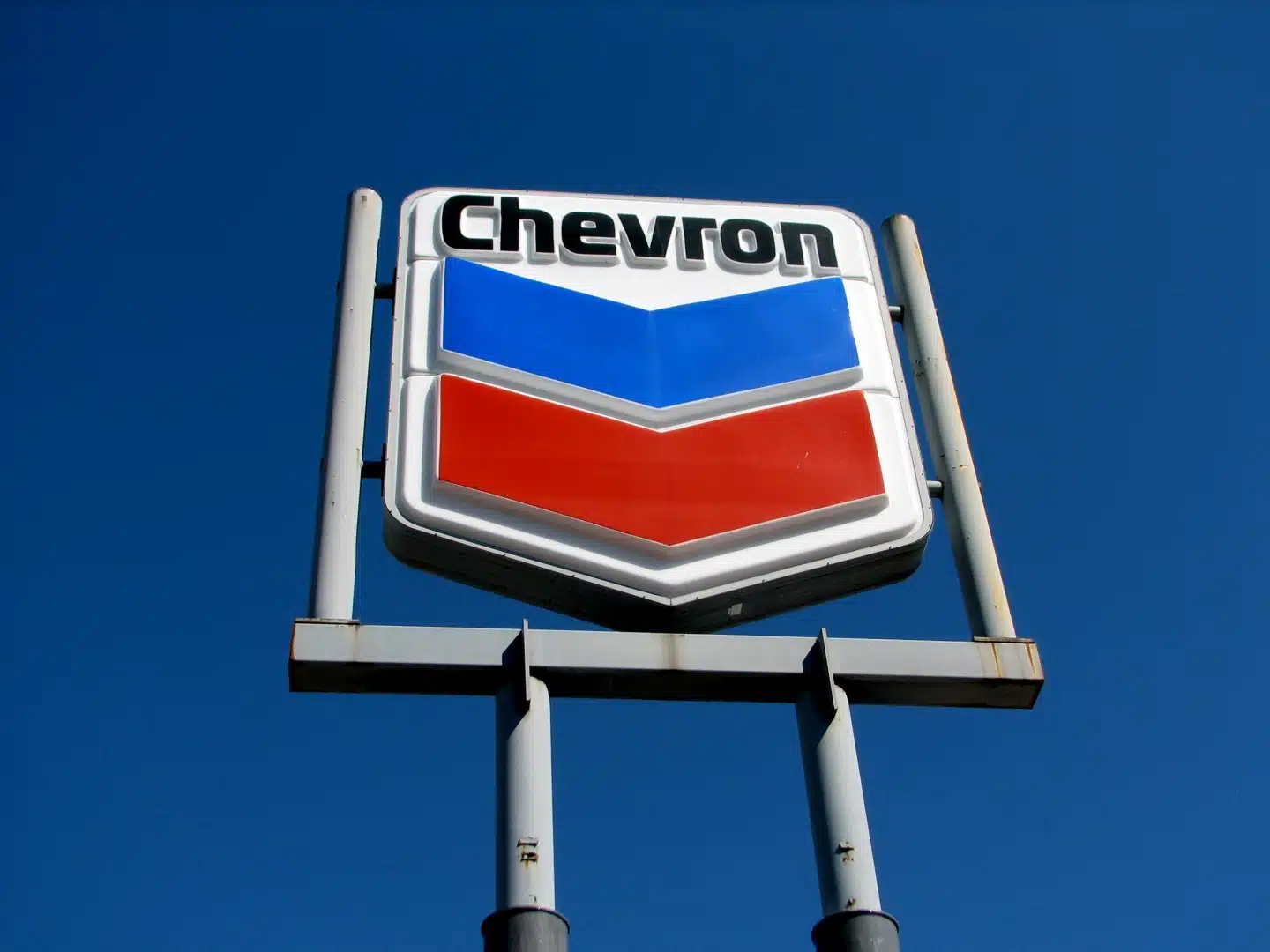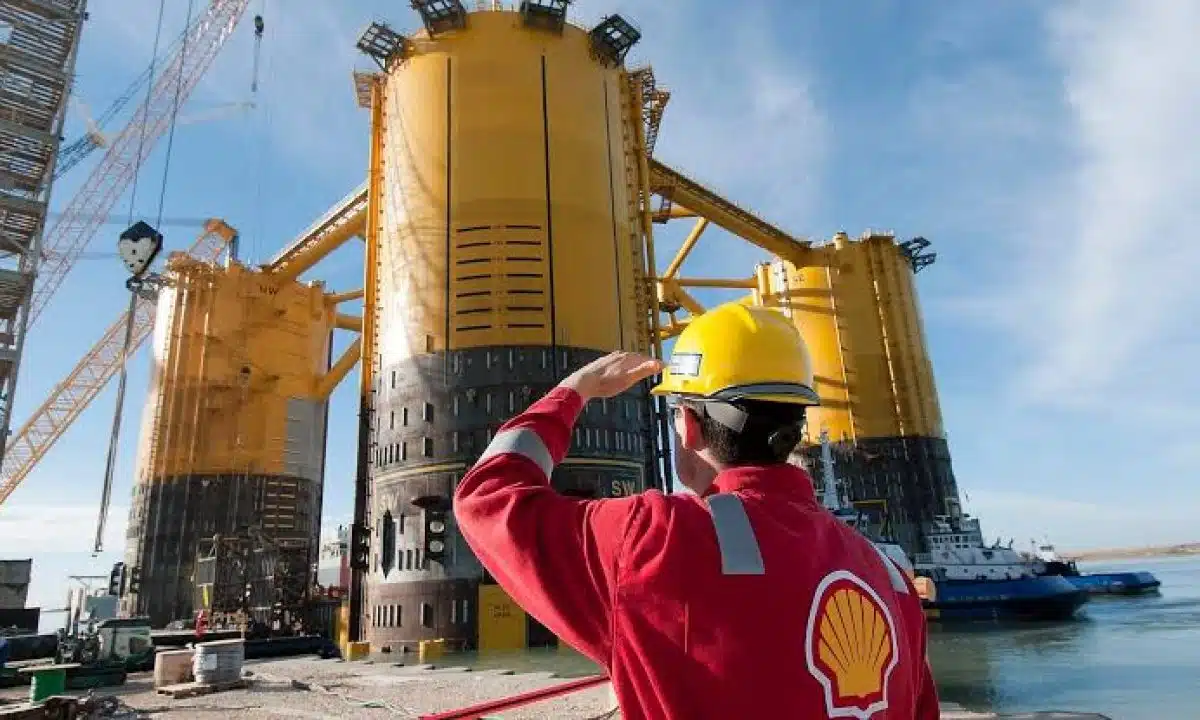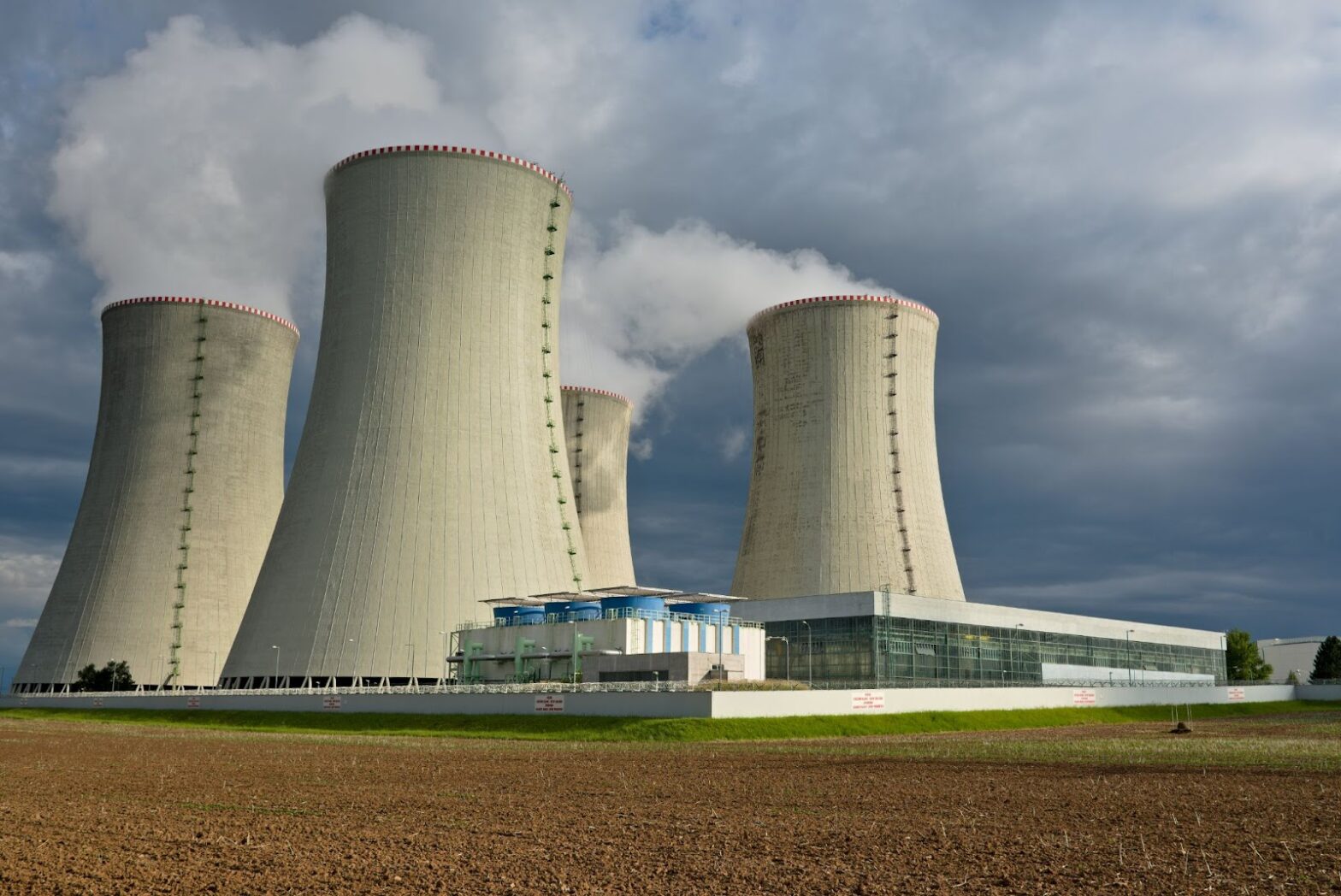The federal government of Nigeria has approved a new license for the construction of a 450,000-barrel-per-day refinery in Ogun State, Southwest Nigeria.
The refinery, which will be built by Gasoline Associates International Limited (GAIL), is expected to compete with other local refineries, including the mega Dangote Refinery.
The Chairman and CEO of the proposed refinery, Dr. Lukman Akande Bolaji, disclosed this in a statement on Tuesday, as reported by a local magazine.
Bolaji said the refinery is set to become Nigeria’s second largest, behind only the Dangote Refinery.
According to him, the facility will begin operations with an initial refining capacity of 100,000 barrels per day.
Expansion plans are already underway to scale it up to 450,000 barrels per day.
“Our goal is not just to refine crude oil,” Bolaji said in a statement, “but to drive sustainable economic growth through innovation, local content development, and strategic partnerships.”
The refinery is expected to produce a range of petroleum products. These include Premium Motor Spirit (PMS), Automotive Gas Oil (AGO), Liquefied Petroleum Gas (LPG), and Jet Fuel (ATK).
According to the company, the project will also feature petrochemical facilities. This aligns with broader national goals around industrial diversification and value-added production.
Nigeria’s push for local refining
In recent years, Nigeria has intensified efforts to increase its local refining capacity.
Despite being Africa’s top oil producer, the country still imports a large portion of its petroleum products.
GAIL’s refinery project comes at a time when Nigeria is actively working to revamp its downstream sector and boost energy security.
It is one of several major refineries currently under construction across the country. A similar project was recently announced in Ondo State, another southwestern state.
The expected cost of the GAIL refinery has not yet been disclosed. However, it is projected to be a multi-billion-dollar investment.
The recently announced Ondo refinery is expected to cost around $15 billion.
With the launch of this new mega-refinery, Nigeria is moving closer to achieving self-sufficiency in fuel production.
The project could help reduce the country’s multi-billion-dollar annual fuel import bill and strengthen its position as a regional force in energy and industrial growth.

